Ducks Unlimited's North Dakota Conservation Programs
Need to improve your profitability? Want to make your land drought resilient? Interested in increasing your grass productivity and herd size at the same time?
Ducks Unlimited offers short-term, voluntary, flexible conservation programs that help our private land partners.
Grassland Working Lands Program
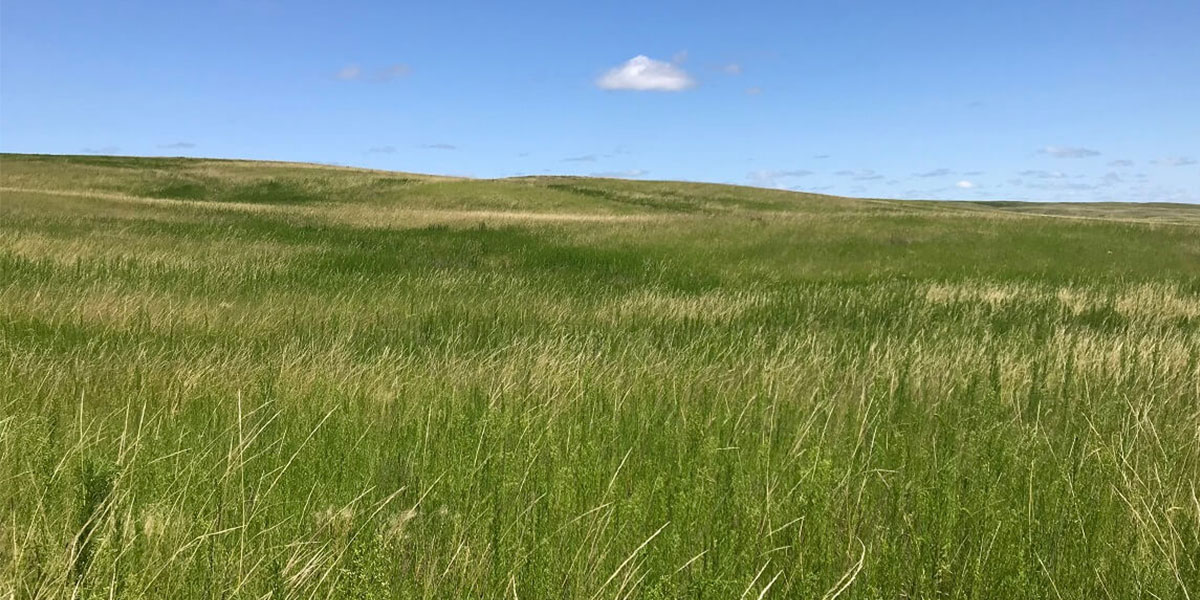
Projects that cost-share grazing infrastructure on existing grasslands that enhance habitat by establishing rotational grazing systems. Additionally, funding is available to restore cropland back into native grasslands. These practices improve the sustainability and resiliency of grass-based agriculture and lead to long-term benefits for livestock, wildlife, and people.
Grassland Enhancement Pilot Program (GEPP)
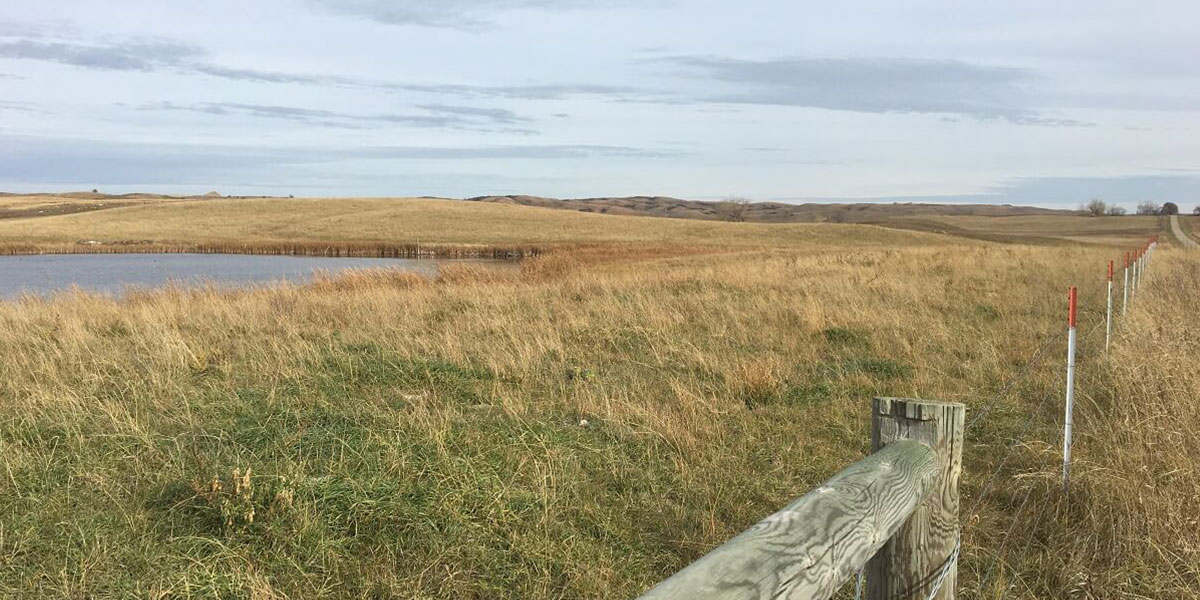
Producers with an interest in improving grazing systems on leased lands can with Ducks Unlimited's GEPP. Project partners work with lessees and managers to advance grazing systems on school trust and public land. Implementing a planned rotational grazing system improves grassland health, drought tolerance, and enhances recreational opportunities for the public.
Scaling Soil Health in the Prairie Pothole Region
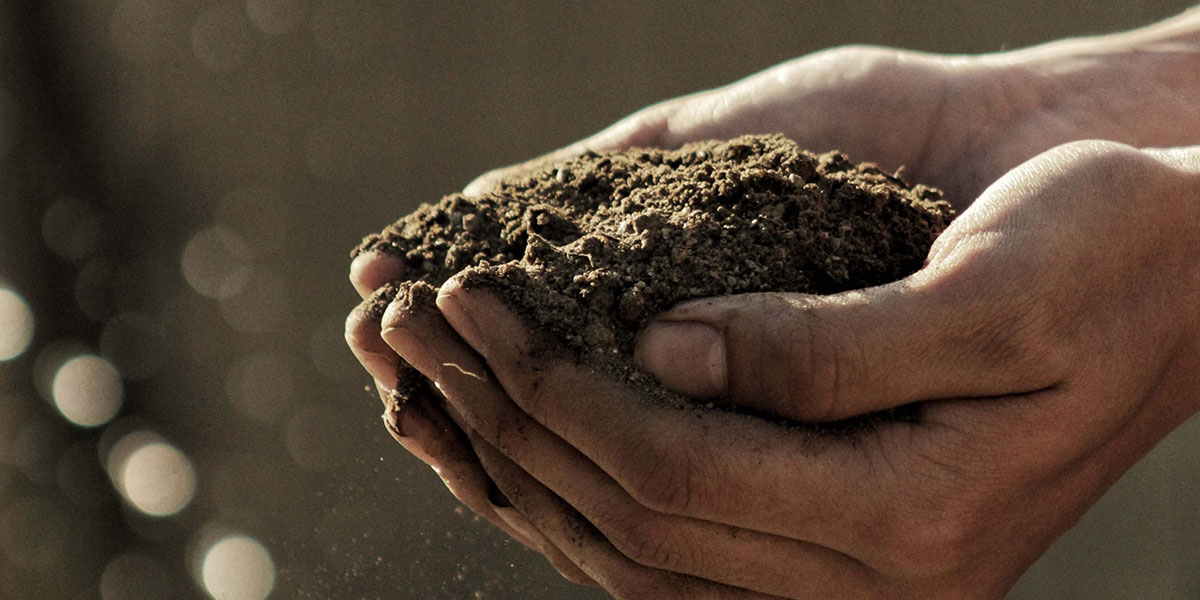
This voluntary RCPP program contracts with agricultural producers to help improve soil health, establish grasslands, and enhance rotational grazing capacity on working lands in North Dakota. The primary focus is planting marginal cropland with diverse native perennial grasses and enhancing grasslands through grazing. During the first three years, producers are eligible to receive a rental payment as the land transitions from cropland to grazing land.
Cover Crop and Livestock Integration Project (CCLIP)
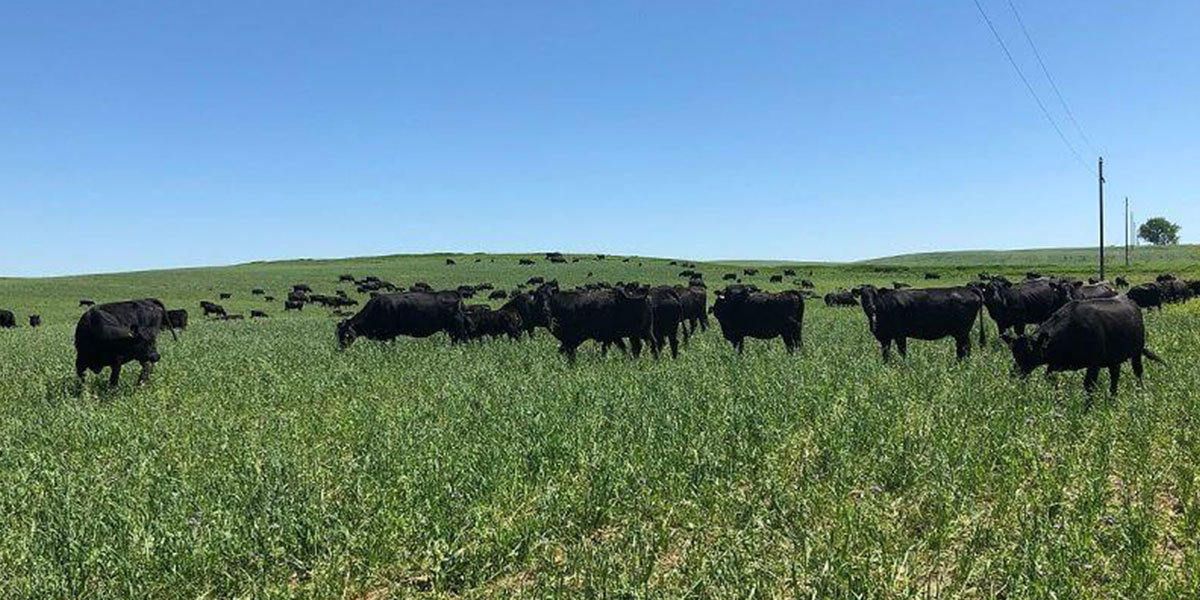
These projects aim to increase the profitability of your farm using regenerating soil practices like reducing tillage, planting diverse cover crops, and rotational grazing. In conjunction with livestock integration, cost-share for grazing infrastructure and cover crop seed on cropland acres will improve soil health and functionality by restoring organic matter, increasing aggregate development, reducing soil compaction, and increasing water infiltration.
Additional programs include:
- Conservation Reserve Program (CRP)
- Environmental Quality Incentives Program (EQIP)
- Agricultural Conservation Easement Program (ACEP)
- Public Land Open to Sportsman (PLOTS)
- Wetland/Grassland easements
DU can couple some programs with others to address multiple resource concerns and we take great pride in designing and building programs that help our private-land partners, and finding the financial resources available to build new programs that fit people's needs.
Ducks Unlimited's North Dakota Conservation Staff
Tanner Gue
Mgr. Conservation Programs, N.D.
701.355.3592 tgue@ducks.org
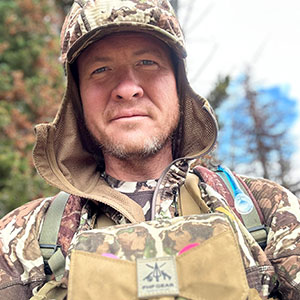
Tanner coordinates with regional DU staff and conservation partners to secure funding and deliver conservation programs in the Prairie Pothole Region. He began with Ducks Unlimited in 2008 as a seasonal waterfowl research technician. Up until 2016, Tanner was one of DU's Research Scientists, where his research focused on waterfowl breeding ecology, breeding-ground demographics of ducks, and targeted conservation planning. Tanner then transitioned to conservation program delivery as a Regional Biologist, working directly with farmers and ranchers to develop and strategically deliver voluntary conservation programs in critical breeding waterfowl habitat of North Dakota. In 2022, Tanner stepped into his current role as Manager of Conservation Programs. He grew up in southwest Montana, holds a B.S. in Biology from the University of Jamestown (2007), and a M.S. in Wildlife Biology from the University of North Dakota (2012).
Robert Ford
Biologist
701.230.2141 rford@ducks.org
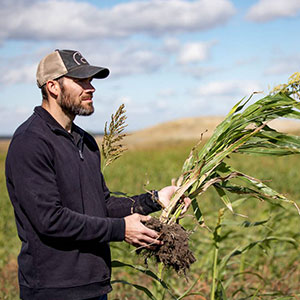
Robert joined DU in 2018 and currently delivers voluntary conservation programs in the highest priority areas for breeding waterfowl in the United States. He holds degrees in wildlife biology from Michigan State University and Louisiana State University. Prior to joining DU, Robert also worked for state and federal wildlife agencies in Louisiana, Michigan, and North Dakota.
William Palarski
Biologist
701.390.7382 wpalarski@ducks.org
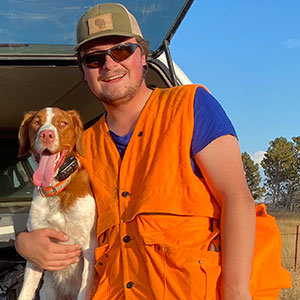
William has a degree in fisheries and wildlife biology and has extensive experience in the field on projects like researching nest predators on lesser snow geese and common eiders in Manitoba, to evaluating properties for the U.S. Fish and Wildlife Services's perpetual easement program. He currently helps producers expand and enhance their grazing and ag operations through voluntary working lands programs.
Emily Schwartz
Agronomist
701.805.1957 eschwartz@ducks.org
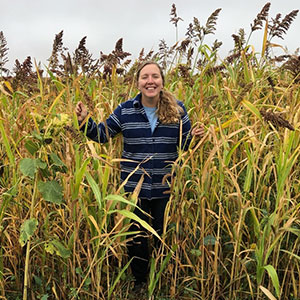
Emily grew up in rural North Dakota and joined DU in 2019 as an agronomist who works directly with farmers and ranchers to deliver DU's soil health and working lands programs. She provides technical assistance with cover crops and soil testing and has experience with crop scouting, environmental consulting and working as a research technician. She received a degree in natural resource management from North Dakota State University, with a minor in crop and weed science.
Dane Buysse
Regional Biologist
701.425.4852 dbuysse@ducks.org
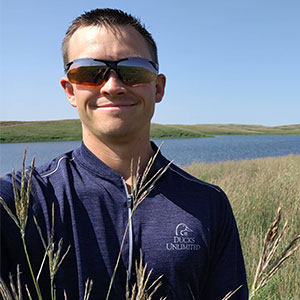
Dane began with Ducks Unlimited in 2013 and delivered working lands conservation programs as a Farm Bill Specialist, but has grown into his current position as a Regional Biologist. He exchanges knowledge with farmers and ranchers on a daily basis to implement conservation practices that both enhance wildlife habitat and address the needs producers have in the field.
Sam Krohn
Biologist
701.934.1635 skrohn@ducks.org
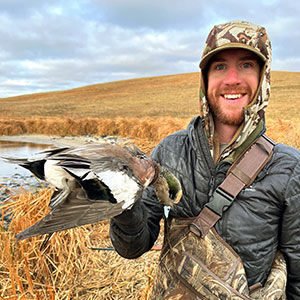
Sam started as a research technician for DU in 2016, doing nest dragging and nest predator research on the Coteau Ranch. After graduating from the University of North Dakota in 2017, he worked for DU as a Mitigation Biologist, implementing wetland restorations and grass restorations on projects in ND and SD. In 2022, he started his current role as a Conservation Programs Biologist for ND, implementing the Scaling Soil Health program and other voluntary conservation programs.
